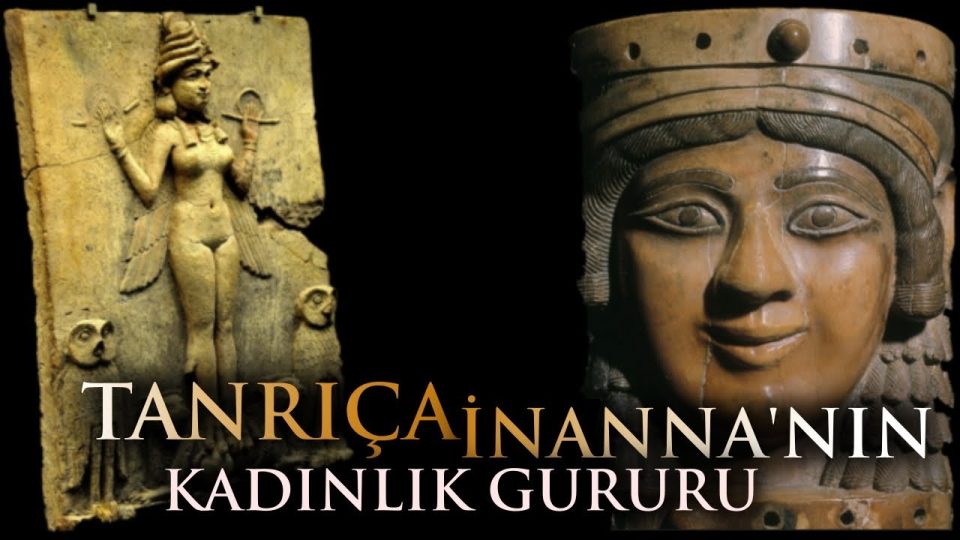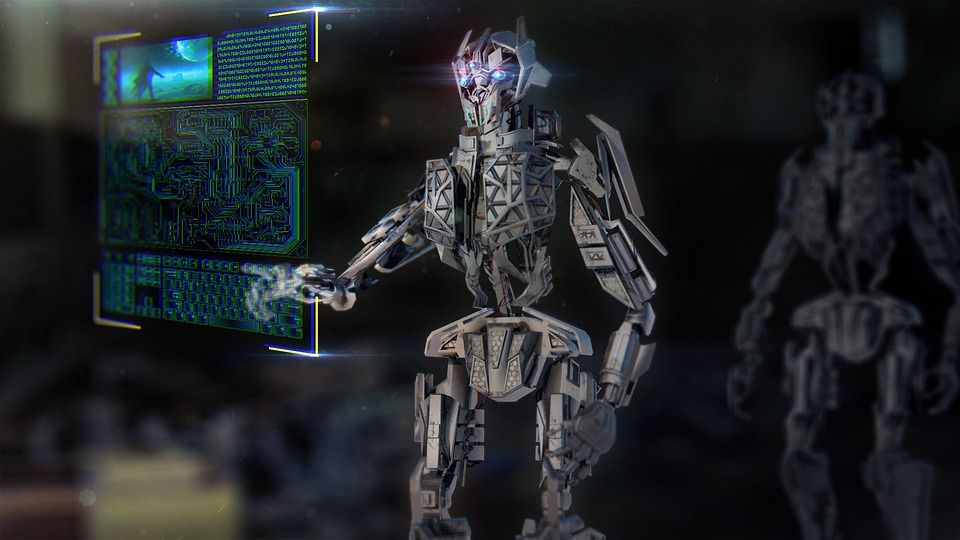1 – The Industries of the Future: Alec Ross, published in 2016. In this book, the author explores the potential of emerging technologies, such as robotics, genomics, and cybersecurity, to shape the industries of the future. The book provides a comprehensive overview of the current trends in these fields and explains how they are likely to transform various industries, from healthcare and education to finance and manufacturing. The author also examines the challenges and opportunities that arise with these technologies and offers insights into how policymakers and business leaders can prepare for the changes ahead.
2 – The Future of Humanity: Terraforming Mars, Interstellar Travel, Immortality, and Our Destiny Beyond Earth: Michio Kaku, published in 2018. In this book, the author explores the possibilities of human expansion beyond Earth and into the rest of the universe. He discusses the challenges and opportunities that arise with space exploration, such as terraforming Mars, interstellar travel, and the search for extraterrestrial life. The author also examines the potential of emerging technologies, such as artificial intelligence and nanotechnology, to transform the future of humanity and create a post-human civilization.
3 – The Fourth Industrial Revolution: Klaus Schwab, published in 2016. In this book, the author discusses the current wave of technological innovations and how they are transforming various industries and societies. The Fourth Industrial Revolution, as the author calls it, is characterized by the convergence of technologies such as artificial intelligence, robotics, and the Internet of Things. The author examines the challenges and opportunities that arise with these technologies and offers insights into how policymakers and business leaders can harness their potential for the benefit of society.
4 – Homo Deus: A Brief History of Tomorrow: Yuval Noah Harari, published in 2016. In this book, the author examines the future of humanity from a historical perspective, exploring the possible outcomes of the ongoing technological and scientific revolution. The author discusses the potential of emerging technologies, such as genetic engineering and artificial intelligence, to transform the human experience and create a post-human civilization. The book also raises ethical questions about the use of these technologies and their impact on society and individual lives.
5 – The Singularity Is Near: Ray Kurzweil, published in 2006. In this book, the author predicts the emergence of a technological singularity, a hypothetical event where artificial intelligence surpasses human intelligence and leads to an exponential increase in technological progress. The author discusses the potential of emerging technologies, such as nanotechnology and biotechnology, to transform the future of humanity and create a post-human civilization. The book also raises ethical questions about the impact of these technologies on society and individual lives.
6 – The Future of Power: Joseph Nye, published in 2011. In this book, the author explores the changing nature of power in the twenty-first century and how it is likely to shape international relations. The author argues that power is no longer a zero-sum game, but rather a networked relationship that involves cooperation and competition. The book also examines the role of emerging technologies, such as cyber and information technologies, in shaping the future of power and the challenges that arise with these technologies.
7 – The Second Machine Age: Work, Progress, and Prosperity in a Time of Brilliant Technologies: Erik Brynjolfsson and Andrew McAfee, published in 2014. In this book, the authors examine the impact of emerging technologies, such as artificial intelligence and robotics, on the future of work and economic progress. The book argues that these technologies have the potential to create significant economic growth and prosperity, but also to disrupt traditional employment patterns and exacerbate income inequality. The authors also explore policy solutions to address these challenges and ensure that the benefits of technological progress are widely shared.
8 – The Future of Capitalism: Facing the New Anxieties: Paul Collier, published in 2018. In this book, the author explores the challenges facing modern capitalism and proposes a new vision for its future. The author argues that the current model of capitalism is failing to address the concerns of many people, such as rising inequality and social exclusion, and proposes a set of reforms to create a more inclusive and sustainable system. The book also examines the role of emerging technologies, such as automation and artificial intelligence, in shaping the future of work and the challenges that arise with these technologies.
9 – The Future of the Mind: The Scientific Quest to Understand, Enhance, and Empower the Mind: Michio Kaku, published in 2014. In this book, the author explores the frontiers of neuroscience and the potential of emerging technologies, such as brain-computer interfaces and artificial intelligence, to transform the future of the mind. The author discusses the ethical questions raised by these technologies and their potential to enhance human cognition and creativity, as well as to create new forms of artificial intelligence. The book also examines the implications of these technologies for individual autonomy, privacy, and human identity.
10 – The Future of War: A History: Lawrence Freedman, published in 2017. In this book, the author explores the changing nature of warfare and the challenges and opportunities presented by emerging technologies. The book examines the historical evolution of warfare and how it is likely to change in the future, including the potential of new technologies such as drones, cyber warfare, and artificial intelligence. The author also discusses the ethical and legal questions raised by these technologies and the implications for international security and conflict resolution.

















